Premium Only Content
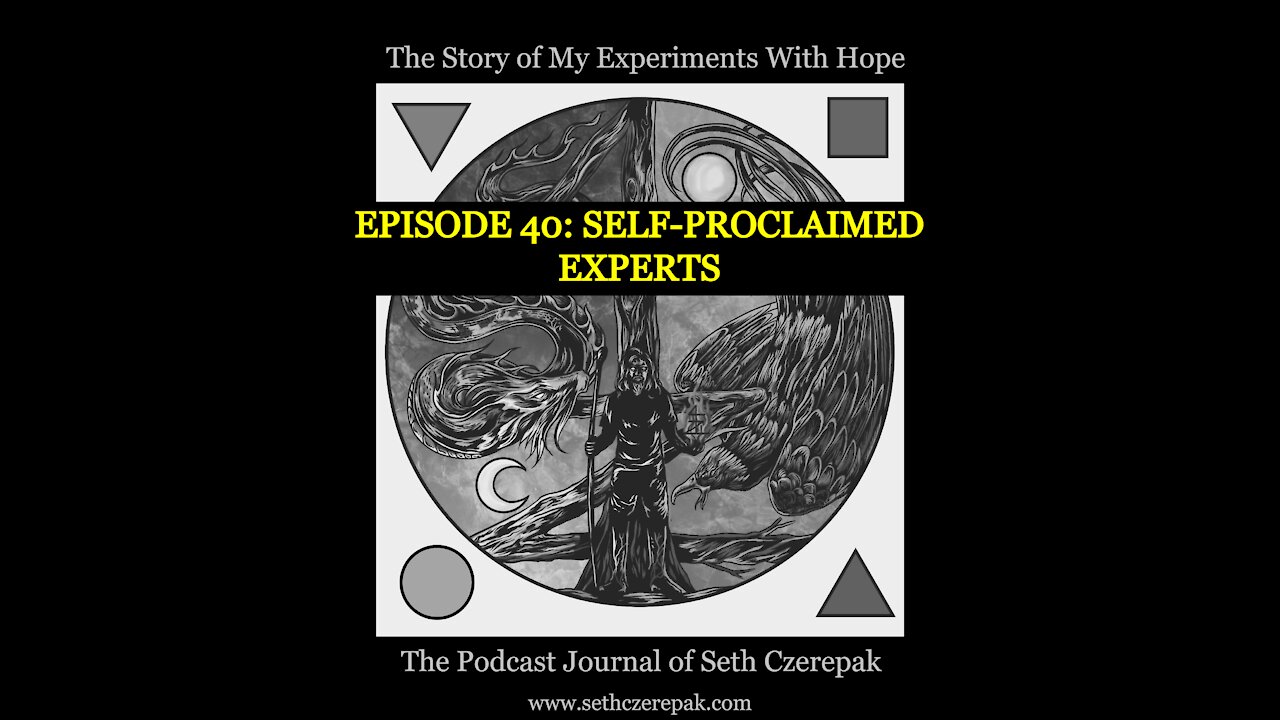
Experiments With Hope - Episode 40: Self-Proclaimed Experts
NOTE: This episode was recorded on April 1rst, 2019 and moved from YouTube on January 23rd, 2021.
Are your customers being seduced by smooth-talking self-proclaimed experts? You’ve invested decades into becoming a real expert in your niche. Why should you compete with imposters? Because they’re out there whether we like it not, and some of them are damn good at fooling people. Thankfully, false experts have a few weaknesses which are easy to see and call out.
First, self-proclaimed experts are usually people who suffer from what psychologists call The Dunning-Kruger Effect. The official definition of which is…
“A cognitive bias in which people wrongly overestimate their knowledge or ability in a specific area. This tends to occur because a lack of self-awareness prevents them from accurately assessing their skills.”
In other words, most self-proclaimed experts aren’t self-aware enough to realize how incompetent and/or dishonest they really are. If you’re familiar with my work, you know how passionately I preach self-awareness. It’s the key to self-discipline, self-actualization, and self-regulation. People who lack self-awareness are literally incapable of consistency in any of these basic life skills. This is not to excuse their behavior. But, it does give us an insight into how we can educate our prospective customers about the imposters in our niche.
First, because of their lack of self-awareness, self-proclaimed experts typically can’t predict how they will behave under certain circumstances. This means they’re unlikely to follow through on their promises to themselves and/or to others. So, if you’re in a niche with a lot of self-proclaimed experts, my guess is, your customers have already been burned by a few of them. Talk to your customers and ask them how these scenarios played out.
When you get a detailed response, ask your customer if they’ll write you an endorsement telling, in detail, how their experience with you was different than the experience with the false expert. When other prospective clients see these reviews, they’ll likely recognize these horror stories, and be glad to hear that your clients are having different experiences with you.
The second thing self-proclaimed experts have in common is that they’re lazy as hell when it comes to sustained creative thinking. In other words, they never generate their own ideas. They just copy and repackage ideas from books they’ve read, or from other experts (true or false) in your niche. After all, creativity is the one thing you really can’t fake. While your customers won’t notice this trickery on their own, you can do your own investigations, and expose (or make fun of) these gimmicks in your marketing messages, in your blogs, and in your podcasts.
Imagine how your would-be customers will react when you expose how the self-proclaimed experts in your niche are copying their ideas from other people. You’ll make them look like the fools that they are. This is especially effective if you apply creative thinking to your business by building your own unique brand. This is what some marketing enthusiasts call your “Unique Selling Position” or “USP.” But, that’s a topic for another podcast.
Connect With Seth Czerepak
https://gettr.com/user/sethczerepak
https://www.linkedin.com/in/sethczerepak/
https://sethczerepak.com?utm_medium=Video&utm_source=Rumble&utm_campaign=Experiments+With+Hope&utm_content=Episode+40
-
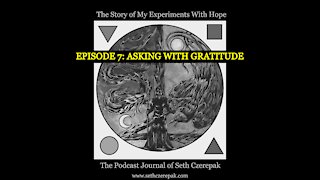 12:05
12:05
sethczerepak
4 years agoExperiments With Hope - Episode 7: Asking With Gratitude
58 -
 LIVE
LIVE
Due Dissidence
1 day agoLIVE: Workers Strike Back Conference ft. Chris Hedges, Jill Stein, Kshama Sawant, and More!
1,622 watching -
 8:36:37
8:36:37
Right Side Broadcasting Network
5 days agoLIVE REPLAY: CPAC 2025 Day Three with President Donald J. Trump - 2/22/25
271K84 -
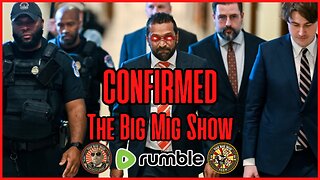 1:05:34
1:05:34
The Big Mig™
10 hours agoConfirmed Kash Patel New FBI Director, Bring On The Pain |EP483
37.9K13 -
 53:59
53:59
Tactical Advisor
6 hours agoThe Vault Room Podcast 009 | Everyone Getting $5000?!
37.5K7 -
 2:04:44
2:04:44
TheAlecLaceShow
17 hours agoLive at CPAC | Interviews with Dean Cain, Rep. Comer and more! | The Alec Lace Show
51.2K3 -
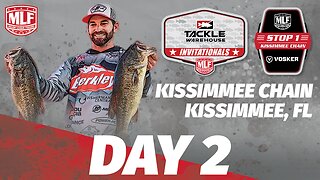 LIVE
LIVE
Major League Fishing
3 days agoLIVE Tackle Warehouse Invitationals, Stop 1, Day 2
187 watching -
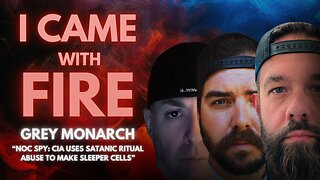 3:12:37
3:12:37
I_Came_With_Fire_Podcast
14 hours agoNOC Spy: CIA uses SATANIC RITUAL ABUSE to make SLEEPER Cells
38.9K9 -
 28:42
28:42
CatfishedOnline
1 day ago $2.43 earnedWoman Insists Morgan Wallen Relationship Isn't a Romance Scam!
36.4K1 -
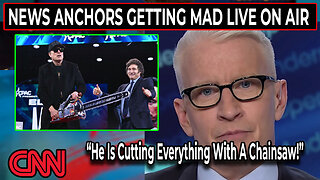 16:25
16:25
TSPLY
1 day agoNew CNN / MSNBC Meltdown Moments Of Getting Mad At Donald Trump In February
38.9K26